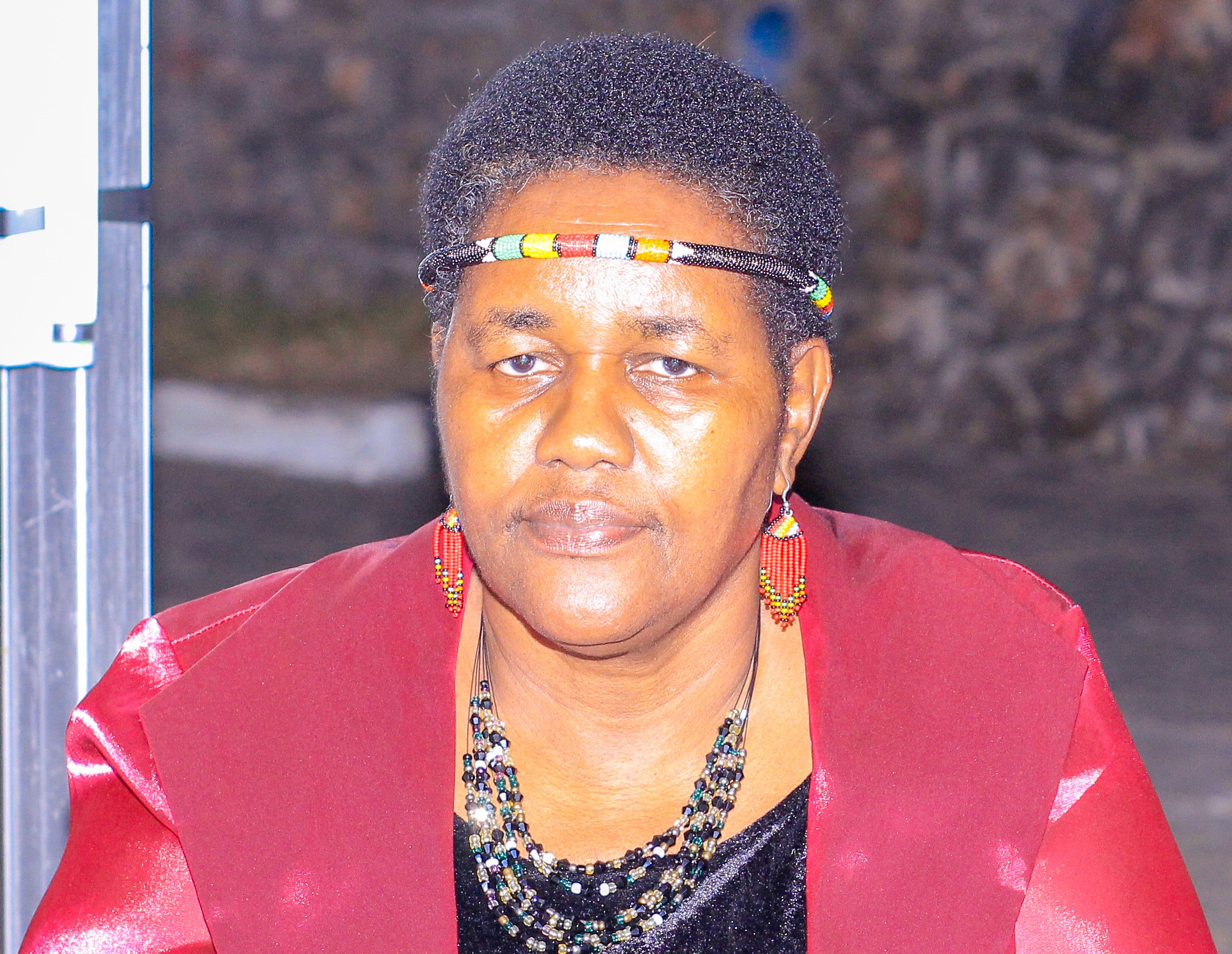
EUGENIA JOSEPH KAFANABO
Senior lecturer, Dean, University of Dar es Salaam School of Education
Education:
1. Bachelor of Science with Education – University of Dar es Salaam, Tanzania 2. Master of Science in Educational and Training Systems Design, University of Twente, The Netherlands. 3. Doctor of Philosophy (PhD) in Curriculum and Instructional Design an
Teaching:
Curriculum design, development and implementation; Science Education; Professional Development, Curriculum Evaluation; Climate change and Gender.
Research:
Curriculum design and evaluation, science education, pedagogical issues in education system, climate change and gender.
Projects:
Himili Project supported by DANIDA
Publications:
- Kafanabo, E.J. (2011). Learners intelligence profiles and performance in computer application skills. Papers in Education and Development, 30, 1-33.
- Kalolo, J.F., & Kafanabo, E.J. (2012). Students’ science knowledge as a constraint in developing interests in science studies among secondary school learners in Tanzania. Journal of Education, Humanities and Sciences, 1(2), 1-14.
- Komba, S.C., & Kafanabo, E.J. (2012). Investigation of the predictive validity of communication skills examination on University Students Academic Performance in Tanzania. International Journal of Education, 4(4), 247-266.
- Komba, S.C., & Kafanabo, E.J., Njabili., Kira, E.S. (2012). Comparison between students’ academic performance and their abilities in written English language skills: A Tanzanian perspective. International Journal of Development and Sustainability, 1(2), 305-325.
- Kira, E.S., Komba, S., Kafanabo, E., & Tilya F. (2013). Teachers Questioning Techniques in Advanced Level Chemistry Lessons: A Tanzanian Perspective. Australian Journal of Teacher Education, 38(12), 66-79.
- Komba, S.C., Kafanabo, E.J., Tryphone, D., & Kira, E.S. (2013). The Predictive Validity of Form Two Secondary Education Examination (FTSEE) on Students’ Performance in the Certificate of Secondary Education Examination (CSEE) in Biology Subject: A Tanzanian Perspective. Journal of Education and Practice, 4(4), 236-246.
- Yarro, S.J., & Kafanabo, E.J. (2016). Major Causes and Perpetrators of Sexual Activities Among Teenage Students in Tanzania: A Cross Sectional Survey in Kinondoni District. International Journal of Public Health Research, 4(4), 23-29.
- Kira, E., & Kafanabo, E. (2016). Secondary School Teachers’ Knowledge Level of the Concepts of Environmental Education in Morogoro, Tanzania. Journal of the Open University of Tanzania, 23, 35-52.
- Itika, A.J.M., Nkotagu, H.H., Temu, A.K., Kafanabo, E. & Athuman, C.B. (2017). Factors Influencing Participation in Science Education by Girls in Tanzanian Secondary Schools. Project Report Submitted to the Norwegian University of Science and Teachnology.
- Kafanabo, E.J. (2018). Outdoor activities in the teaching of classification of organisms in schools in Tanzania: the use of Digital cameras. World Educators Forum, 10(1), 246-263.
- Mhewa, M.M., Bhalalusesa, E.P., & Kafanabo, E. (2020). Secondary School Teachers’ Understanding of Gender Responsive Pedagogy in Bridging Inequalities of Students’ Learning in Tanzania. Papers in Education Development, 38(2), 252-279
- Mtewa, K. & Kafanabo, E. (2021). Primary School Instructional Competencies in Teaching Integrated Social Science Studies Subject in Rungwe District, Tanzania. Papers in Education and Development, 39(1), 35-58.
- Beichumila, F., Bahati, B. & Kafanabo, E. (2022). Students’ Acquisition of Science Process Skills in Chemistry through Computer Simulations and Animations in Secondary Schools in Tanzania. International Journal of Learning, Teaching and Educational Research, 21(3), 166-195.
- Beichumila, F., Bahati, B. & Kafanabo, E. (2022). Students’ Perceptions towards the Use of Computer Simulations and Animations in Chemistry Teaching and Learning in Tanzania Secondary Schools. International Journal of Science, Mathematics and Technology Learning, 30(1), 1-16.
- Beichumila, F., Bahati, B. & Kafanabo, E. (2022). Exploring the use of Chemistry-based Computer Simulation Instructional Activities to support Students’ Learning of Science Process Skills. International Journal of Learning, Teaching and Educational Research, 18(11), 1-17.
- Beichumila, F., Bahati, B. & Kafanabo, E. (2022). Computer Simulations and Animations in the Teaching and Learning of Chemical Kinetics, Equilibrium, and Energetics: Assessing teachers’ Pedagogical Skills in Tanzania. Eurasia Journal of Mathematics, Science and Technology Education, 18(11), 1-17.
ORCID membership: http://orcid.org/0000-0002-5968-5126
Google scholar: https://scholar.google.com/citations?user=DSidWXsAAAAJ&hl=en
Membership and Registration:
Professional Membership Boards:
- Chair – Board School of Education, University of Dar es Salaam.
- Member – Board Faculty of Education, Sokoine University of Agriculture.
- Tanzania Chapter Coordinator - Center of Excellence for Educational Research Methodologies and Management (CERM-ESA) (include 5 countries – Kenya, South Africa, Uganda, Tanzania and Germany) from 2015 – to-date.
- Deputy Chairperson, International Society For Academic Researchers (ISFAR) since 2020 to-date.
- Member - Southern African Association for Research in Mathematics, Science and Technology Education (SAARMSTE) - South Africa.
Member - Tanzania Gender Network – University of Dar es Salaam.
Important Contribution: Recognition: by ABC Attorneys: Certificate for valuable presentation in a panel discussion on “Women in Technology, Innovation and Intellectual Property” during the 4th Industrial Revolution at Golden Tulip Hotel,Masaki.

